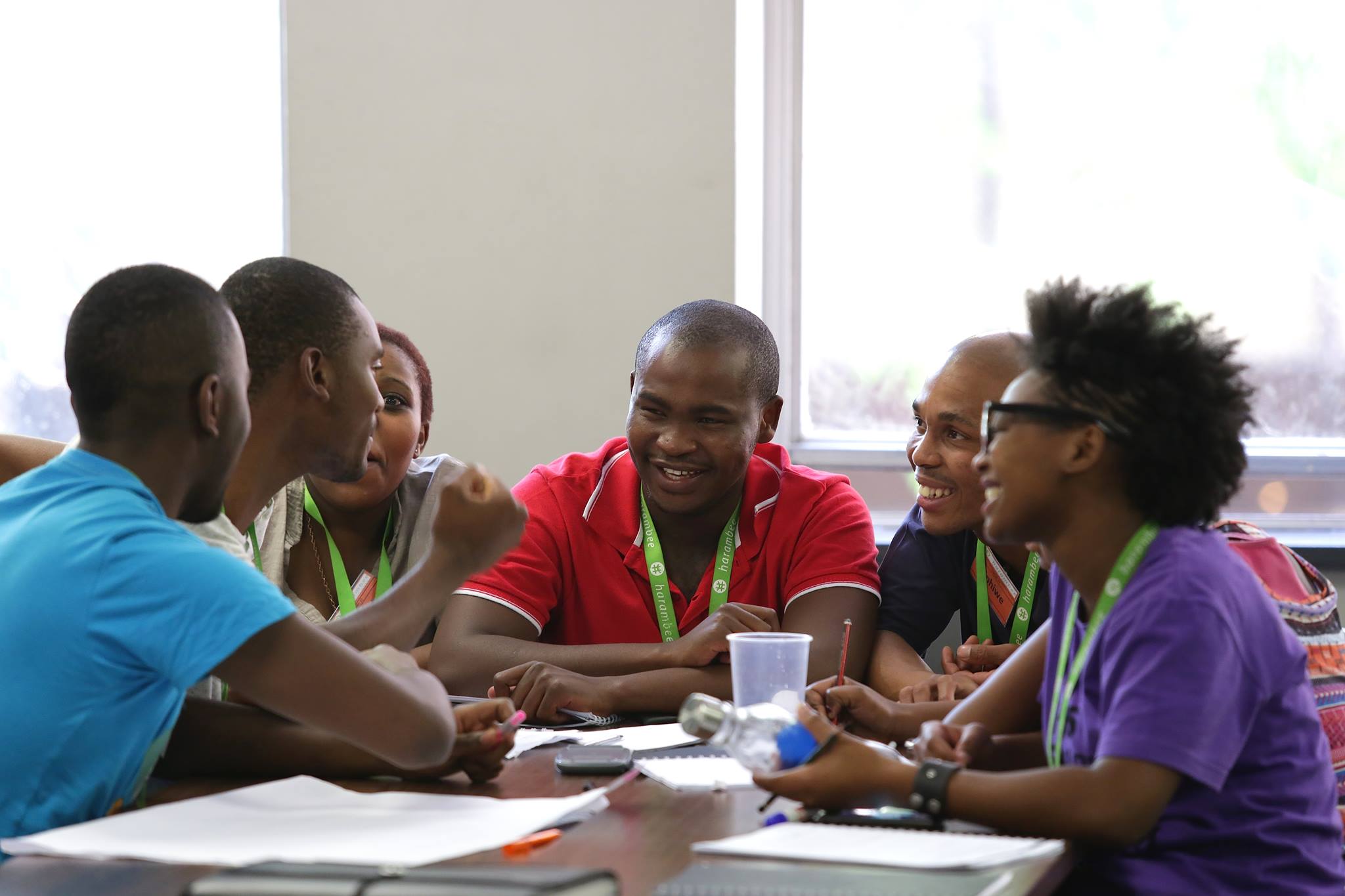#1milliondevsprogram Is Power Learn Project’s Flagship Programme To Train African Techies By 2027

Goal is to drive transformative change for the youth of Africa through technology skilling
By Thandisizwe MGUDLWA
CAPE TOWN/South Africa: In the 21st century knowledge-based economic system, the wealth of our nations will not be based on what is found beneath the ground; but on what is found between the ears. Startup Business Campus is super excited to partner up with PLP on this exciting high-impact capacity building initiative; that seeks to unlock Africa’s digital economy and create pathways to sustainable prosperity for young people on the continent, says Lucky Litelu, Founder, and CEO of Startup Business Campus and head of Partnerships, Incubation & Investments.
And at the Sci-Bono Discovery Centre, Power Learn Project (PLP) in partnership with Adanian Labs S.A and the ICRD Group’s Startup Business Campus last month launched the #1MillionDevs4Africa Program in South Africa, in a bid to train 1 Million software developers across the continent by 2027. South Africa is the second country in Africa, after Kenya, to introduce the #1MillionDevs4Africa program. For South Africa to realize the opportunity the 4IR (4th Industrial Revolution) offers, it is imperative that the current tech capacity gap is addressed.
Moreover, in accordance with President Cyril Ramaphosa’s commitment to a “skills revolution”, PLP in partnership with Startup Business Campus, one of South Africa’s leading entrepreneurial investment hubs, are looking to build a large talent pool that are ready to build local solutions that scale globally, support the local and global tech industry, provide employment for young people, and solve pertinent local challenges. And launched in 2022 in Kenya, PLP is a Pan African impact organization with a vision of driving transformative change for the youth in Africa by empowering them with relevant technology capacity through the provision of quality, affordable and decentralized tech training. The transfer of skills, skills development, and technological capacity have been flagged as critical to developing solutions for unemployment and underemployment in South Africa, and Africa as a whole.
“Our goal is to drive transformative change for the youth of Africa through technology skilling. The program will offer online junior software development training, consisting of curated programming languages as well as a soft skills component in employability, entrepreneurship, and their mental well-being with our health partner AfyaRekod in order to enable the learners to not only acquire entry level smart technology jobs but to also be wholesome members of the community.
Through support from partners, the course will be covered on full scholarships, so the learners’ only concern is to learn and absorb as much as they can, as they prepare to navigate the digital revolution with us,” says Mumbi Ndung’u, Chief, Growth & Operations Officer for Power Learn Project.
“Upon completion of the course, learners will have access to a number of opportunities and alternative educational pathways through the organization, ranging from internships and proof of work opportunities or venture studio and incubator connections if they want to explore entrepreneurship,” states Ndung’u.
According to the PLP, it aims to kickstart software careers with entry level, fully funded training using free data access and a self-paced learning management over a period of 16 weeks. The course ranges from programming languages such as Python and Dart Programming with Flutter to Blockchain 101, Databases, Data Science, and Entrepreneurial skills. The learners will then have opportunities for hands-on practical experience through a proof of work module.
In addition, learners will earn a certificate upon successful completion of the course and join a community of young skilled Africans ready to take on digital opportunities. They will also be equipped with life skills such as financial literacy, Health and Well-being with our partner AfyaRekod, who will provide them access to their mental health data and support when in need among many more. These will help them navigate the fast paced evolving world as productive members of society.
“We are all working towards the Pan African dream of building relevant capacity to extract value from the fourth industrial revolution. We invite our partners and especially our learners from across Africa, to join us on this journey of transformation,” says John Kamara, chairman of the Power Learn Project board.
Furthermore, in the pilot phase of the South African programme, PLP aims to train 1000 software developers in South Africa over a period of four months. Over the next few months PLP is looking to launch four more pilot countries; Zambia, Nigeria, Ghana, Uganda & Rwanda, with West and North Africa, envisioned for phase 2 of the programme. The scholarship program is officially accepting applications as of 1st September 2022.

